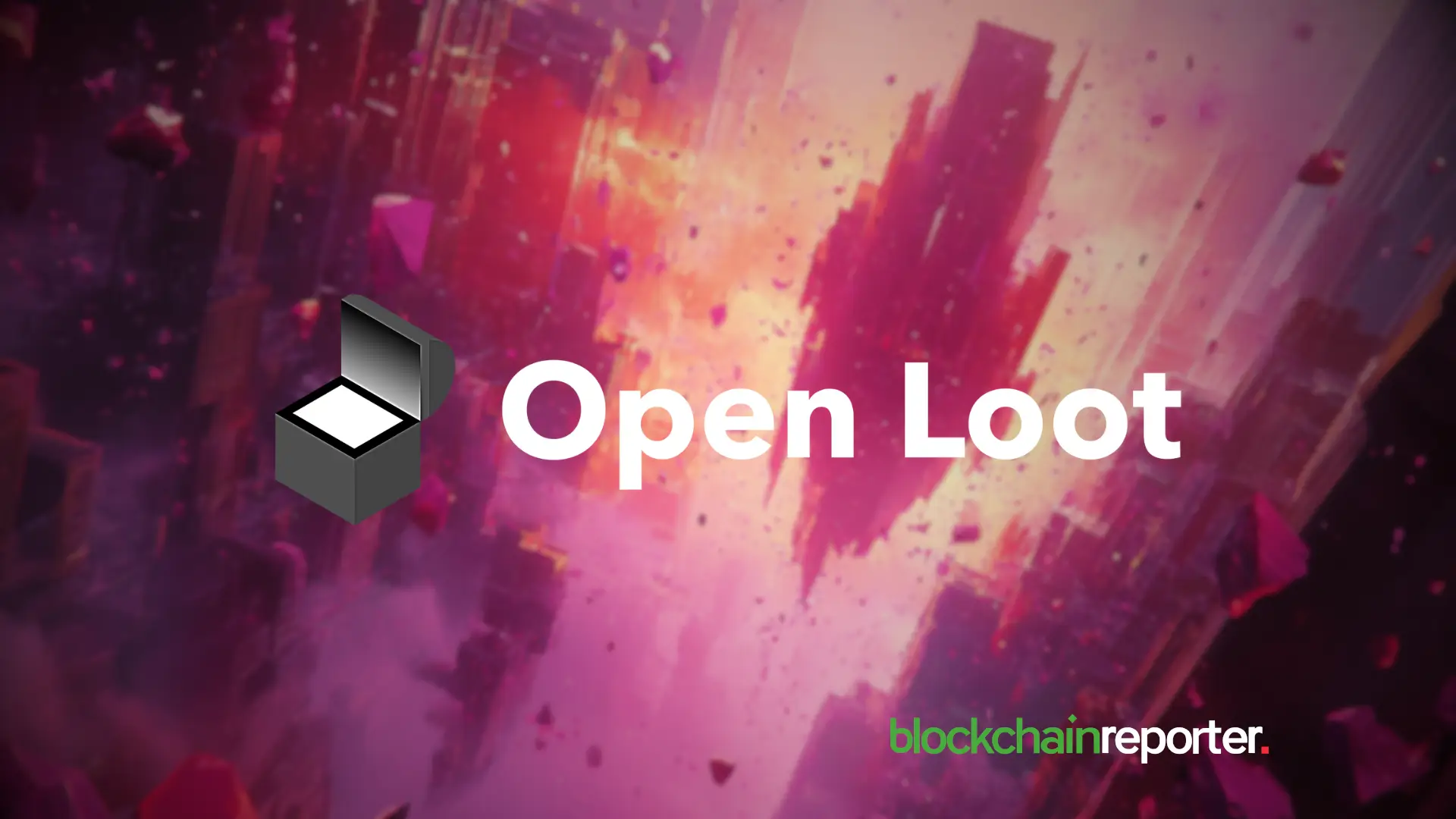Open Loot: The Last Hope for Web3 Gaming’s Survival in 2025?
Web3 gaming's on life support—and Open Loot might be pulling the plug... or yanking it back from the brink.
The Play-to-Earn Graveyard
Remember when Axie Infinity was the golden child? Now it's a cautionary tale—tokenomics more volatile than a crypto bro's portfolio. Enter Open Loot, betting big on sustainable asset ownership when everyone else is counting virtual coffins.
Why This Time's Different
No more 'magic bean' economics. Open Loot's model cuts middlemen, bypasses predatory speculation, and—shocker—prioritizes actual gameplay over Ponzi-esque rewards. Early metrics show player retention rates doubling industry averages (take that, vaporware metaverses).
The Cynic's Corner
Sure, it's got hedge fund backing—because nothing screams 'democratized gaming' like Wall Street's paw prints. But if this flops? Web3 gaming might need a tombstone reading: 'Died chasing liquidity mining yields.'

Most Web3 games are dead on arrival. The symptoms are everywhere:
- Wallets with no users
- NFT drops with no liquidity
- Discord’s full of bots
- “Launches” that never leave alpha
What’s missing isn’t creativity, it’s infrastructure.
might be the only platform in the space that has actually figured out how to make Web3 gaming work at scale. While the rest of the industry clings to hope, OL is quietly delivering:
- 70,676 unique purchasers
- $208.13 million in primary sales
- $540.09 million in total marketplace volume
In an ecosystem flooded with hypotheticals, OL has become the exception—.
The Survival Blueprint: What OL Does Differently
What kills most Web3 games isn’t bad design; it’s the friction. Complex wallets, crypto literacy barriers, cross-chain confusion, and regulatory missteps all eat user adoption before gameplay even begins.
OL’s stack solves this:
 White-label wallets mean no Metamask, no browser extensions
White-label wallets mean no Metamask, no browser extensions Fiat onramps + KYC make onboarding global and compliant
Fiat onramps + KYC make onboarding global and compliant Marketplace + cross-game identity creates a network effect of real players
Marketplace + cross-game identity creates a network effect of real players Built-in SDKs let devs ship games, not infrastructure
Built-in SDKs let devs ship games, not infrastructure
In other words, OL handles the plumbing so studios can focus on fun. And when games are fun and easy to access, people play. And they buy.
The Ecosystem That’s Already Surviving
These games aren’t waiting around for a bull market—they’re shipping, growing, and transacting:
- Worldshards: Cozy MMO with fast-growing playerbase pre-TGE
- Moonfrost: Beautiful life-sim aimed at the crossover market
- Desolation: High-stakes, low-trust survival gameplay
- Shatterpoint: Competitive roguelite tuned for long-term retention
- Boss Fighters: VR vs PC chaos with Twitch potential
- Kokodi: Stylized co-op puzzler built on community
- Big Time: Time-loop dungeon crawler with deep loot systems
Each of these titles has chosen Open Loot, not because it’s trendy, but because.
The Stakes Are Real
If Web3 gaming is going to survive, it needs:
- Real users
- Real money movement
- Real gameplay loops that aren’t buried under blockchain noise
Open Loot is the only platform that has proven all three at scale.
Web3 gaming doesn’t need another chain.
It needs infrastructure that actually brings in players.
 Don’t just watch the crash—track the survivors.
Don’t just watch the crash—track the survivors.
![]() Follow Open Loot’s Ecosystem via the OL News Page
Follow Open Loot’s Ecosystem via the OL News Page

